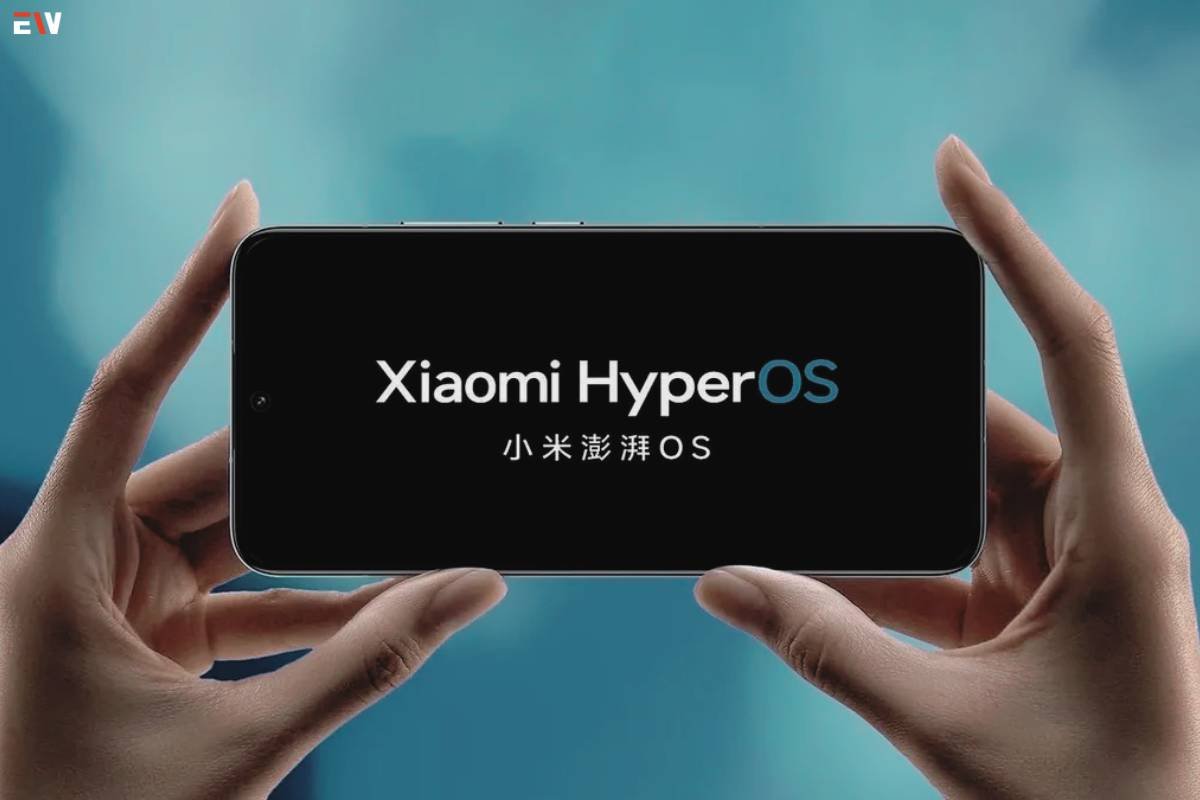Chinese tech giant Xiaomi has announced the launch of its new operating system, HyperOS, in a strategic move to further develop its smart ecosystem. This development comes as the company prepares for the imminent release of its own car.
Xiaomi’s shares in Hong Kong saw a more than 1% increase in Friday morning trading, adding to the gains of over 20% the company has experienced throughout the year.
HyperOS & Smart Ecosystem
HyperOS is set to be available to consumers starting October 31, coinciding with the release of Xiaomi’s latest phones, wearables, and TV sets in the Chinese market. According to Xiaomi, HyperOS is a significant step forward in realizing its strategic vision of delivering a comprehensive “Human x Car x Home” smart ecosystem.
CEO and founder of Xiaomi, Lei Jun, took to Chinese social media earlier in the week to reveal the company’s plans to launch its own car in the first half of the upcoming year. However, he did not specify whether the vehicle would be electric.
Tech companies have long recognized the value of building customer loyalty through proprietary operating systems, as seen with Apple’s iOS and Google’s Android.
Xiaomi HyperOS LIVE – Xiaomi DID IT!
Comparisons with Stock Android
Huawei, a Chinese telecommunications giant, developed its own operating system known as HarmonyOS to reduce reliance on Android. This system is employed across a wide range of Huawei products, including smartphones, laptops, tablets, and television sets. Moreover, HarmonyOS is licensed for use in electric cars manufactured by Huawei’s partners. As of late September, Huawei reported that HarmonyOS had already surpassed 60 million users, with a total reach of over 700 million devices.
Xiaomi, which initially gained fame for its affordable smartphones and the MIUI user interface based on open-source Android, emphasizes that the core of its new HyperOS system is “formed by Linux and Xiaomi’s self-developed Xiaomi Vela system.” In its press release, the company noted that HyperOS offers “more stable frame rates and lower power consumption” in comparison to the stock Android system.
Xiaomi also highlighted HyperOS’s superior processing speed and security. The system enables seamless content sharing and access to each other’s cameras between smartphones, cars, and laptops, fostering greater integration within the ecosystem.
Xiaomi’s Expansion
Over recent years, Xiaomi has expanded its appliance and consumer electronics business, accounting for approximately 22% of its total revenue in the second quarter, while smartphones represent just under 37%. On Thursday, the company unveiled a 3,999 yuan ($546) smartphone, a 1,999 yuan washing machine, and a 2,999 yuan refrigerator. Xiaomi offers an app that allows customers to remotely control appliance settings, enhancing the company’s commitment to building an interconnected and comprehensive smart ecosystem.
As Xiaomi’s HyperOS is poised to enter the market, it underscores the company’s determination to compete in the tech ecosystem and introduces an exciting chapter as it gears up for the release of its car next year.










